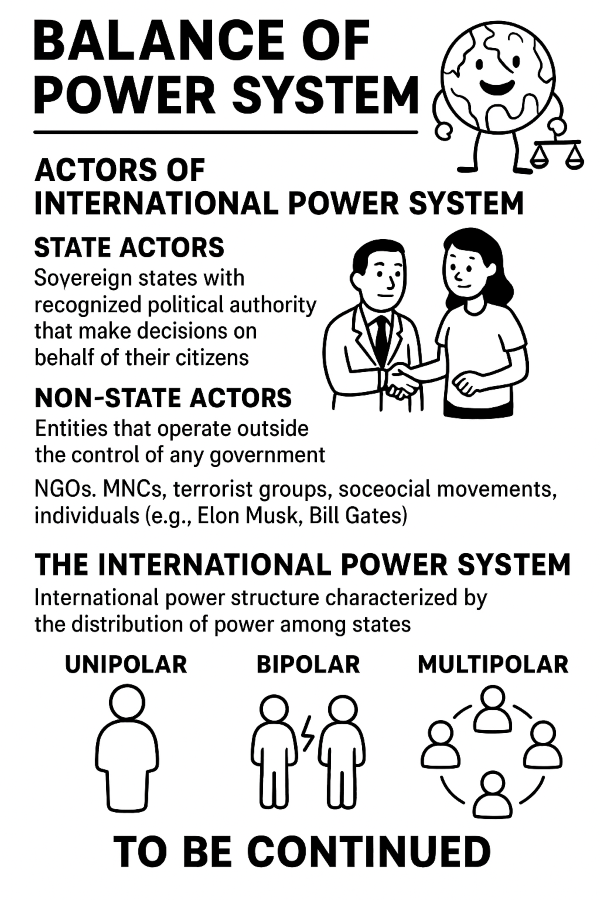“Tea or coffee? What’s your pick?” – Dr Harold Gunatillake

Hello viewers, today, let’s discuss the beverages we consume daily and in the morning. Have you ever wondered which is better for your health—tea or Coffee? Let’s explore and find out.
Black Tea is a soothing Elixir. Black tea
is like that calm friend who doesn’t burst
into the room with a caffeine-fueled
frenzy.
It contains about 47 milligrams of caffeine per cup. So, if you’re looking for a gentle pick-me-up that won’t jolt your system, black tea is your cup of serenity.
Let’s talk about what antioxidants are.
Antioxidants protect cells from damage caused by free radicals and unstable molecules produced during the oxidation process in normal metabolism. Free radicals may contribute to conditions such as cancer, heart disease, stroke, and other age-related diseases.
Now look at this diagram. On the left, in red, you see the Free radicals produced through oxidation. You will notice an unstable atom or molecule containing an unpaired electron.
On the right, an antioxidant is trying to grab the electron in the free radical. I hope that is clear.
Black tea is like a superhero cloak woven from polyphenols.
Polyphenols are beneficial compounds in
many plant foods that can be grouped
into flavonoids, phenolic acid, polyphenolic
amides, and other polyphenols. They may
improve digestion, brain function, and
blood sugar levels and protect against
blood clots, heart disease, and certain
cancers.
These antioxidants protect your body from free radicals, potentially preventing chronic diseases.
Sip it, and imagine your cells doing
a little victory dance.
Does black tea have a flavour?
Black tea whispers sophistication. It’s robust
and slightly malty and pairs well with cosy
moments. Think rainy afternoons, a good
book, and a steaming cup of organic tea.
Choosing organic tea means you indirectly support farming practices that benefit both the environment and the farmers who labour the land. Also, you can rest assured your tea has no chemicals in it. Organic tea contains more antioxidants than regular tea, which are excellent for your health.
With no advertising, when you visit Sri Lanka on your next holiday while visiting Nuwara Eliya, drop in at the Tea Bush factory adjoining the hotel, the stopover joint: you could purchase organic tea.
Now, coffee is the bold wake-up call because it has more caffeine than black tea.
Coffee is the alarm clock that blares “Good morning!” with 91.8 milligrams of caffeine per cup. It’s the jolt you need to kickstart your day or power through that afternoon slump.
Black tea may upset your empty stomach and jolt you, so a good cup of Joe is preferred.
Coffee isn’t just about caffeine; it’s also a
treasure trove of antioxidants.
Those polyphenols (yes, they’re here too!)
It may help fend off diseases. So, coffee
lovers, rejoice—you’re sipping health in that
latte.
Flavour-wise, I said black tea is malty. Coffee
struts in with boldness. It’s earthy, nutty, and
sometimes downright mysterious. Espresso
shots, cappuccinos, or a simple drip brew
—each cup tells a story.
The Verdict: It’s a Tie (Sort Of)
As an Energy Boost:
Need an immediate zap of energy?
Coffee’s your wingman.
Would you prefer a sustained lift?
Black tea’s got your back, thanks
to L-theanine, which mellows out
caffeine’s buzz over time.
Now, what is L-threonine?
L-theanine is an amino acid. The human body does not produce this compound, which is not essential for humans.
Picture a serene tea garden. There, nestled
among the leaves of green and black tea,
you’ll find L-theanine. It’s like the zen master
of amino acids, quietly promoting relaxation
without inducing a nap attack.
Small studies and tests on animals have shown that L-theanine may offer a range of benefits. Experts consider it generally safe, but there is currently a lack of high-quality research in humans to confirm its benefits.
So, coffee gives you the buzz, and tea mellows you down. Pick your choice at the right time of the day.
Several studies have suggested that
L-theanine could help people relax
before bedtime, sleep more efficiently,
and sleep more deeply.
So, preferably, tea is the final drink of the night, while morning coffee serves as the wake-up call.
People often drink a cup of tea or another hot beverage to help them relax. Research suggests that the L-theanine in green or black tea may contribute to this feeling of relaxation by reducing a person’s resting heart rate.
When it comes to Taste Preferences:
If you’re a poet at heart, penning sonnets by candlelight, black tea might be your muse.
If you’re a rebel with a cause, scribbling manifesto drafts, coffee’s your inkwell.
Now let us talk about the Health Considerations:
Both have their perks—pick based on your caffeine tolerance and health goals.
Remember, moderation is key. Too much of either can turn your calm stream into a caffeinated river.
With Anxiety and Stress, a cup of tea gives Relief:
Sip that cup of tea, my friend. L-theanine has been linked to reduced stress and anxiety. In studies, it held hands with stressed-out participants, whispering, “Chill, my dear, chill.” There is no drowsiness, just calm vibes.
Fun fact: Even folks living with schizophrenia found solace in L-theanine. It’s like a cosy blanket for the mind.
Now about Increased Focus:
Imagine L-theanine and caffeine doing a tango. Together, they waltz into your brain, enhancing focus and attention. A study found that this duo (97 mg of L-theanine + 40 mg of caffeine in Tea made young adults sharper during demanding tasks. Coffee lovers take note—your morning brew just got a brain boost.
Now, which provides Better Immunity:
L-theanine might be your immune system’s secret handshake. Some research suggests it could decrease upper respiratory tract infections. Green tea lovers, rejoice! It’s like a ninja guarding your health.
Tea Benefits for Tumor and Cancer Treatment:
L-theanine isn’t just about cosy evenings. It moonlights as a cancer fighting sidekick. When paired with certain chemotherapy drugs, it amplifies their anti-tumor effects. Researchers nod approvingly, expecting it to be a superhero in the fight against cancer.
While tea doesn’t wear a cape, studies hint that regular tea drinkers have lower cancer rates. So, maybe your teapot is low-key, saving the day.
Now, Tea vs. Coffee: The Battle Continues:
Speaking of tea, remember our earlier chat about black tea vs. coffee? L theanine is the secret ingredient in tea that keeps you calm while caffeine does its jittery dance. Teamwork, my friends!
So, whether you’re sipping black tea or doing a coffee pour-over, L-theanine orchestrates harmony in your cup.
In summary, L-theanine is like a gentle
breeze for your brain—a subtle nudge
toward tranquillity. Whether you’re
unwinding after a long day or prepping
for a mental marathon, it’s a quiet ally.
- Now, spill the tea (pun intended): Are you more of a tea lover or a coffee connoisseur? Do you have any favourite tea blends or coffee rituals?
- Thanks for listening to my tea vs. coffee talk.
- Have I confused you?
- Bye for now, till we meet again
Website: www.doctorharold.com
























